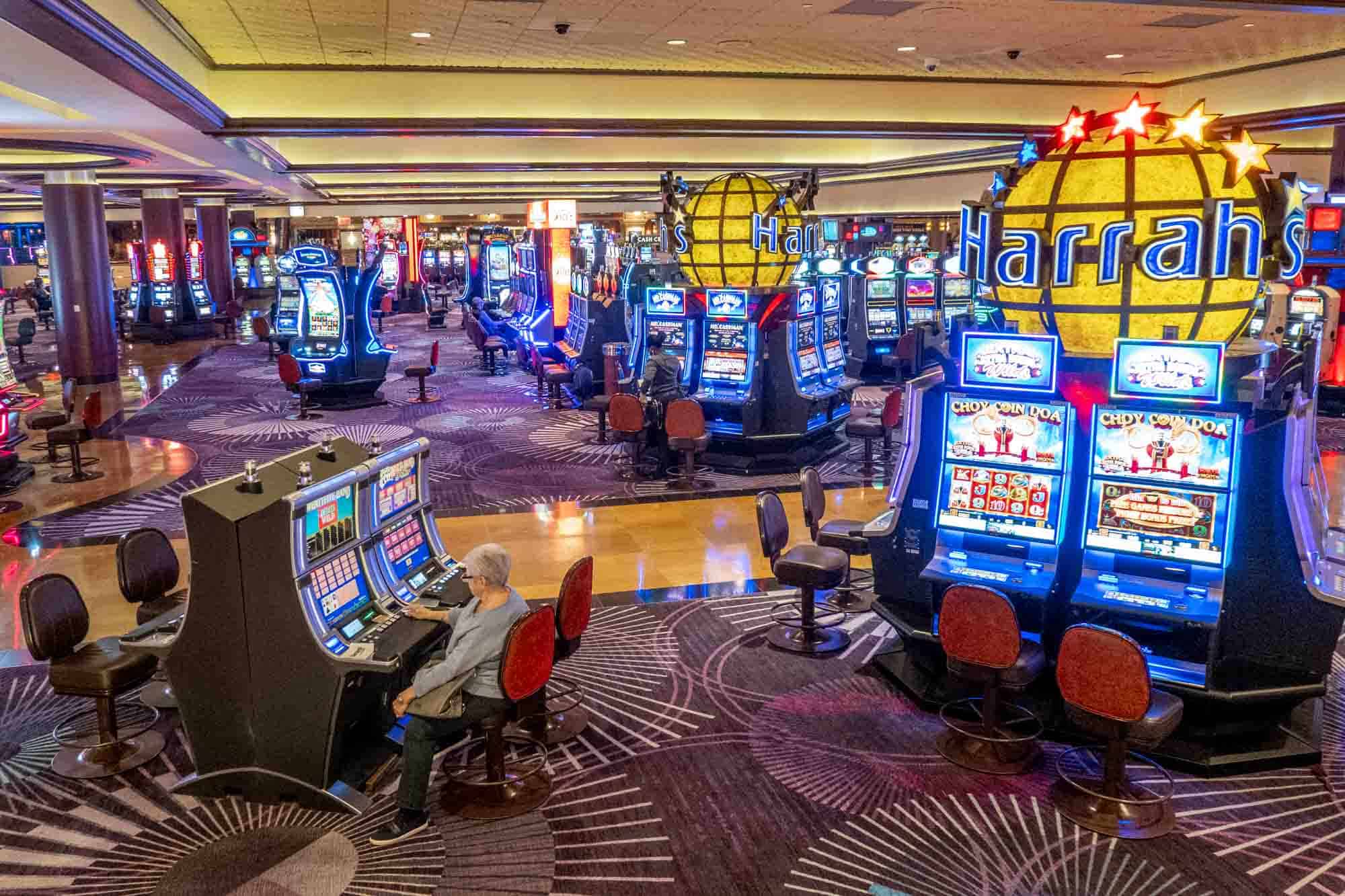
Within the dynamic realm of casinos, where the atmosphere humms with enthusiasm and the clattering of chips permeates the space, the role of a game dealer is both crucial and fascinating. Each day, these experienced experts step into a realm where fortune and strategy intertwine, guiding players through the highs and lows of their selected casino games. From card games like blackjack and poker to the spinning wheels of roulette, dealers manage the gameplay while making sure that every game operates seamlessly and fairly.
As the sun rises on another busy day, a casino game dealer prepares to immerse themselves in this dynamic environment. Their duties extend beyond just dealing the cards or spinning a wheel; they are also entertainers, customer service representatives, and keepers of the game regulations. Each shift brings new obstacles and interactions, making every day unique in the life of a casino dealer. OKE179 This insider look will explore the day-to-day operations of a casino game dealer, highlighting the expertise and insights that make this profession both thrilling and rewarding.
The Role of a Gambling Table Dealer
A gambling game dealer is at the heart of the gaming experience, orchestrating the progress of the play while making sure that players are engaged and enjoying themselves. Their primary responsibility is to oversee the table, which includes dealing cards, spinning the wheel, or managing the chips, depending on the type of game being played. Croupiers must have a thorough understanding of the rules and regulations governing each game, while also upholding a friendly and approachable demeanor to enhance the gambling atmosphere.
In addition to managing the play, dealers must also monitor on the players and the surroundings around the table. This entails watching for any indications of cheating, ensuring that everyone is following the guidelines, and addressing any disputes that may arise among players. Strong communication skills are essential, as croupiers often give explanations about the game’s mechanics and give assistance to those who may be novice to gambling games.
Moreover, a croupier’s role extends beyond just the mechanical aspects of the game. They play a key part in creating an immersive experience for the players. This requires establishing a connection with patrons, being attentive to their needs, and often adding an element of fun into the play. It’s this mix of talent, alertness, and interpersonal relationship that makes the role of a casino game dealer both challenging and rewarding in the vibrant world of casino games.
Responsibilities and Challenges in Daily Operations
One of the key responsibilities of a dealer in a casino is to oversee the multiple games provided at their table, making sure a smooth and enjoyable experience for players. Dealers must be skilled at dealing cards, handling chips, and maintaining the continuity of the game. This calls for a keen understanding of the regulations of each game, from blackjack to roulette, and the ability to answer players’ questions while keeping the game progressing. Attention to precision is crucial, as dealers must monitor bets, pay out winnings correctly, and watch for any cheating or discrepancies at the table.
In addition to managing the game per se, dealers face challenges such as managing difficult players. The casino environment can be high-pressure, particularly during high-stakes games, and a dealer must remain composed and professional at all times. They need robust interpersonal skills to navigate interactions with players who may be upset about losses or dissatisfied with the game’s speed. Navigating these situations delicately is essential in creating a positive atmosphere on the casino floor.
Another significant responsibility is maintaining the honesty of the game. Dealers must be alert and attentive, watching for any signs of player cooperation or cheating among players. This entails not only a solid knowledge of the games but also an awareness of human behavior. They must also follow the casino’s rules and procedures, taking part in regular training sessions to stay informed on rules and protocols. Balancing these responsibilities while providing top-notch customer service is what makes the role both difficult and fulfilling for a dealer in a casino.
Attributes and Traits for Achievement
A proficient casino game dealer must have excellent communication skills. This includes not only the ability to clearly explain game rules and procedures to participants but also the capacity to connect with them in a cordial and professional manner. Building rapport with patrons can enhance the gaming experience and inspire repeat visits to the casino. Strong communication enables dealers to manage tables seamlessly while ensuring that players feel appreciated.
Additionally, strong mathematical skills are essential for a dealer. Quick math are often required to monitor bets, payouts, and game outcomes in the moment. A dealer’s ability to perform these numerical tasks accurately and swiftly adds to the overall efficiency of the game. This skill helps in maintaining the flow of play and in minimizing disputes or misunderstandings with players, which is crucial in a rapid casino environment.
Lastly, an ideal casino game dealer should exhibit integrity and professionalism at all times. Trust is a crucial component of the gaming experience, and players must feel secure that the games are conducted equitably and clearly. A dealer’s devotion to upholding high ethical standards fosters a positive atmosphere at the table and enhances the casino’s reputation. Being consistent in behavior ensures that dealers leave a memorable impression on guests, which can lead to a dedicated customer base.
